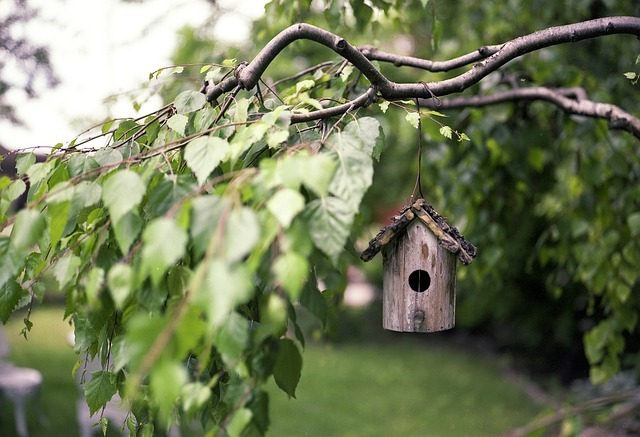Organic Gardening for a Greener World
Organic gardening is an increasingly popular way to cultivate plants without using synthetic fertilizers, pesticides, or other chemicals. This method of gardening has many benefits, not only for the environment but also for the health of those who consume the produce. In this article, we will look at why organic gardening is important for a greener world and how to get started.
The Benefits of Organic Gardening
Organic gardening is beneficial for the environment because it reduces pollution and conserves natural resources. By avoiding synthetic fertilizers and pesticides, organic gardeners can help reduce the amount of chemical runoff that can contaminate waterways. Additionally, organic gardening is often more water-efficient than conventional methods, helping to conserve an increasingly precious resource.
Organic gardening also helps to protect the health of those who consume the produce. By avoiding synthetic chemicals, organic gardeners ensure that their produce is free of harmful toxins and other chemicals. This is especially important for those who consume the produce raw, as the lack of chemicals can help reduce the risk of food-borne illnesses.
Getting Started with Organic Gardening
If you are interested in starting an organic garden, the first thing you should do is research the types of plants that are best suited to your local climate. Many organic gardeners prefer to grow native plants that are adapted to their local environment. This helps to ensure that the plants are hardy and can thrive without the need for synthetic chemicals.
Once you have identified the plants you would like to grow, you can start to prepare the soil. Organic gardeners often use compost, which is made from organic material such as kitchen scraps and grass clippings, to enrich the soil and provide essential nutrients. Additionally, organic gardeners may use mulch to help retain moisture and prevent weeds from taking over the garden.
Finally, it is important to be aware of potential pests and diseases. Organic gardeners use natural methods such as companion planting and crop rotation to protect their plants from pests and diseases. Additionally, organic gardeners may use beneficial insects such as ladybugs and praying mantises to help control pests.
The Benefits of Organic Gardening
Organic gardening is a great way to cultivate plants without using synthetic chemicals, helping to protect the environment and the health of those who consume the produce. Additionally, organic gardening can help to conserve water and reduce pollution. Finally, organic gardeners can use natural methods such as companion planting and crop rotation to protect their plants from pests and diseases. If you are interested in starting an organic garden, research the types of plants that are best suited to your local climate, prepare the soil, and be aware of potential pests and diseases. With a little effort, you can start to enjoy the rewards of organic gardening.

